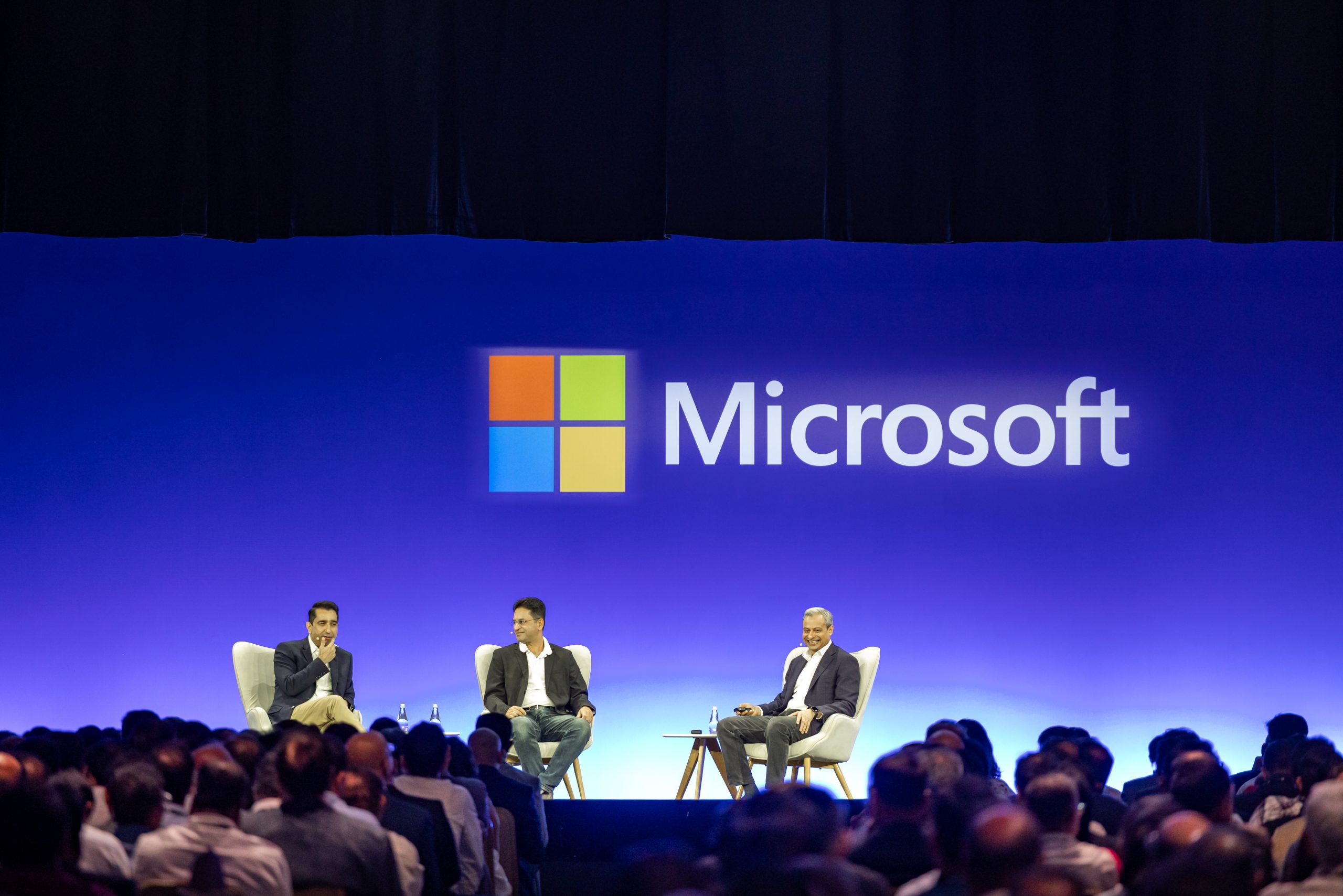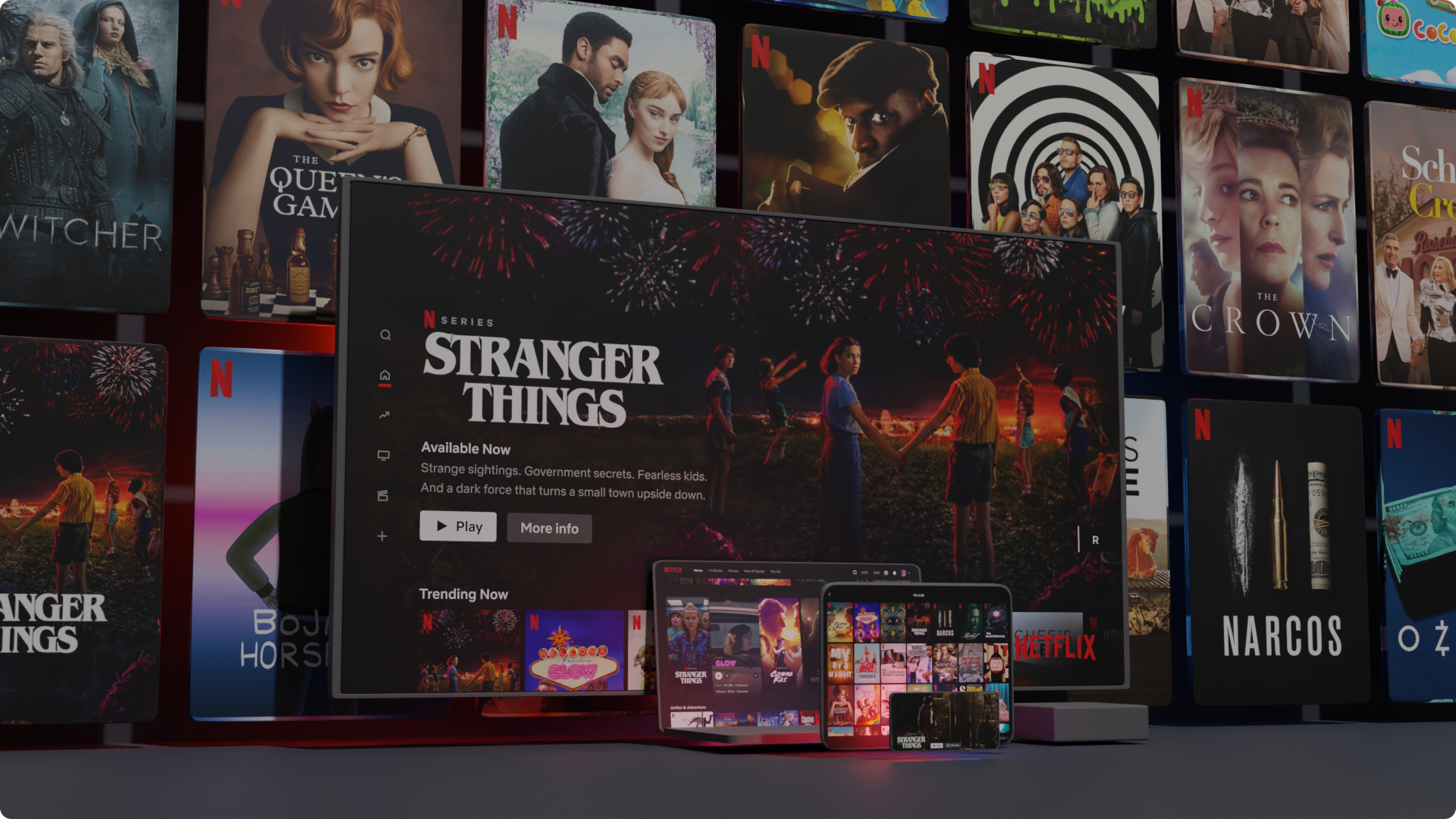
Imagine a world where Microsoft doesn’t dominate the operating system landscape with Windows. It’s a tough picture to conjure, given the OS’s pervasive influence over decades. Yet, back in 2008, Microsoft embarked on an ambitious project that could have reshaped its future. This project, known as “Midori,” aimed to create an entirely new operating system from scratch, free from the legacy code that bogged down Windows.
Midori promised to be more than just a facelift for the OS; it was a revolutionary approach to computing. Unlike Windows, which had accumulated layers of legacy code over the years, Midori was designed to be modern and efficient from the ground up. It was expected to offer new features and tools, including a novel web browser and enhanced backward compatibility with existing Windows applications.
The allure of Midori lay in its potential to overcome the limitations of Windows by addressing the issues inherent in its aging architecture. During a 2013 presentation, Microsoft’s enthusiasm for Midori was palpable as they outlined its innovative concepts. However, despite the excitement, Midori’s development faced significant hurdles. By 2015, Microsoft decided to abandon the project, a move that was met with speculation and disappointment within the tech community.
Why did Microsoft pull the plug on such a promising initiative? There were internal challenges and growing skepticism about the feasibility of completely discarding Windows’ established framework. Microsoft had always championed Windows for its adaptability and longevity, and the decision to abandon Midori may have stemmed from concerns about the practicality of starting anew.
Following Midori’s cancellation, some of its ideas were integrated into Windows, but the project’s abrupt end left many wondering about what could have been. Microsoft chose to keep details about Midori under wraps, possibly to avoid undermining Windows or admitting that an alternative might have been more effective. To this day, Windows remains a central component of Microsoft’s empire, despite its imperfections and the missed opportunity that Midori represented.




